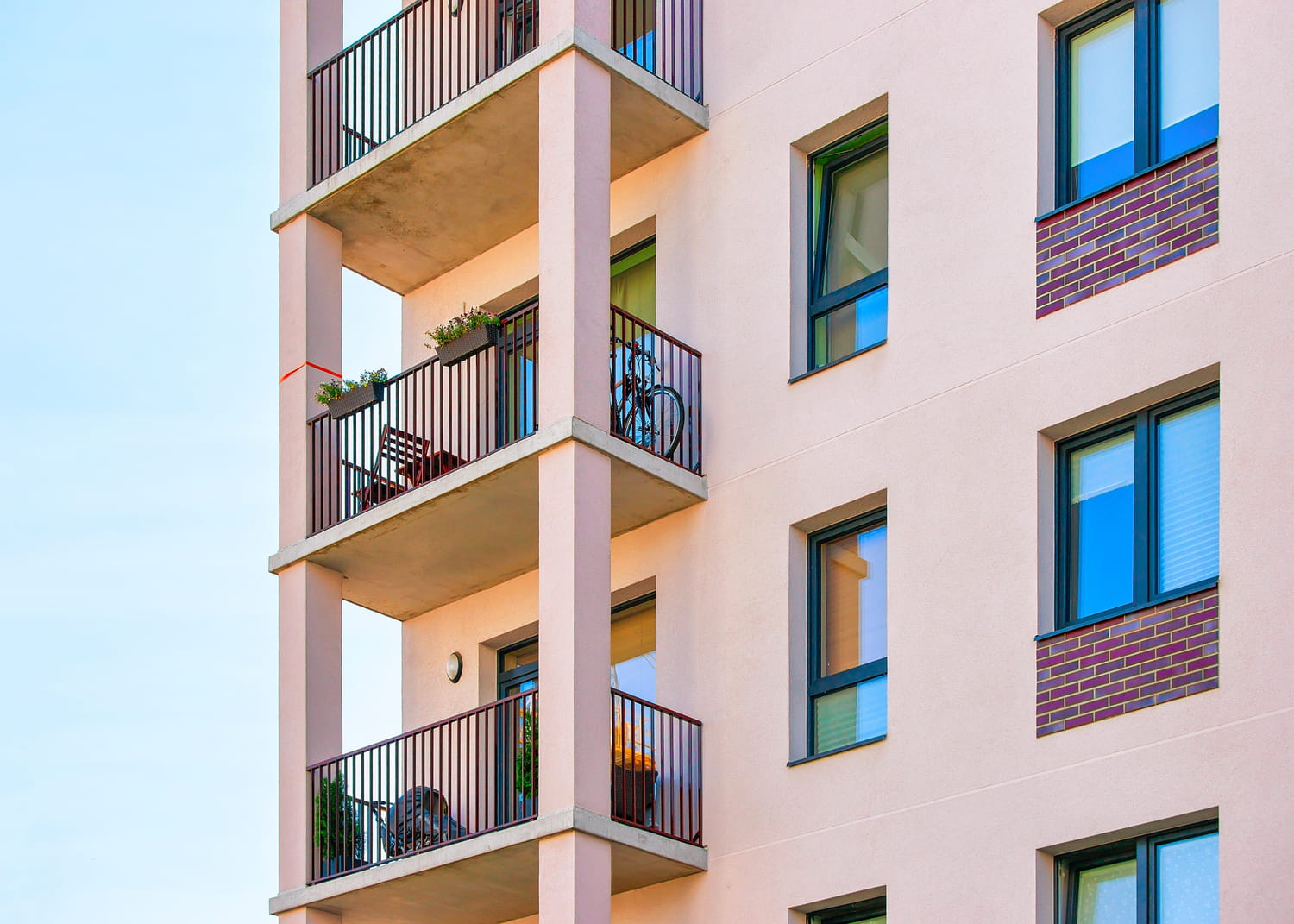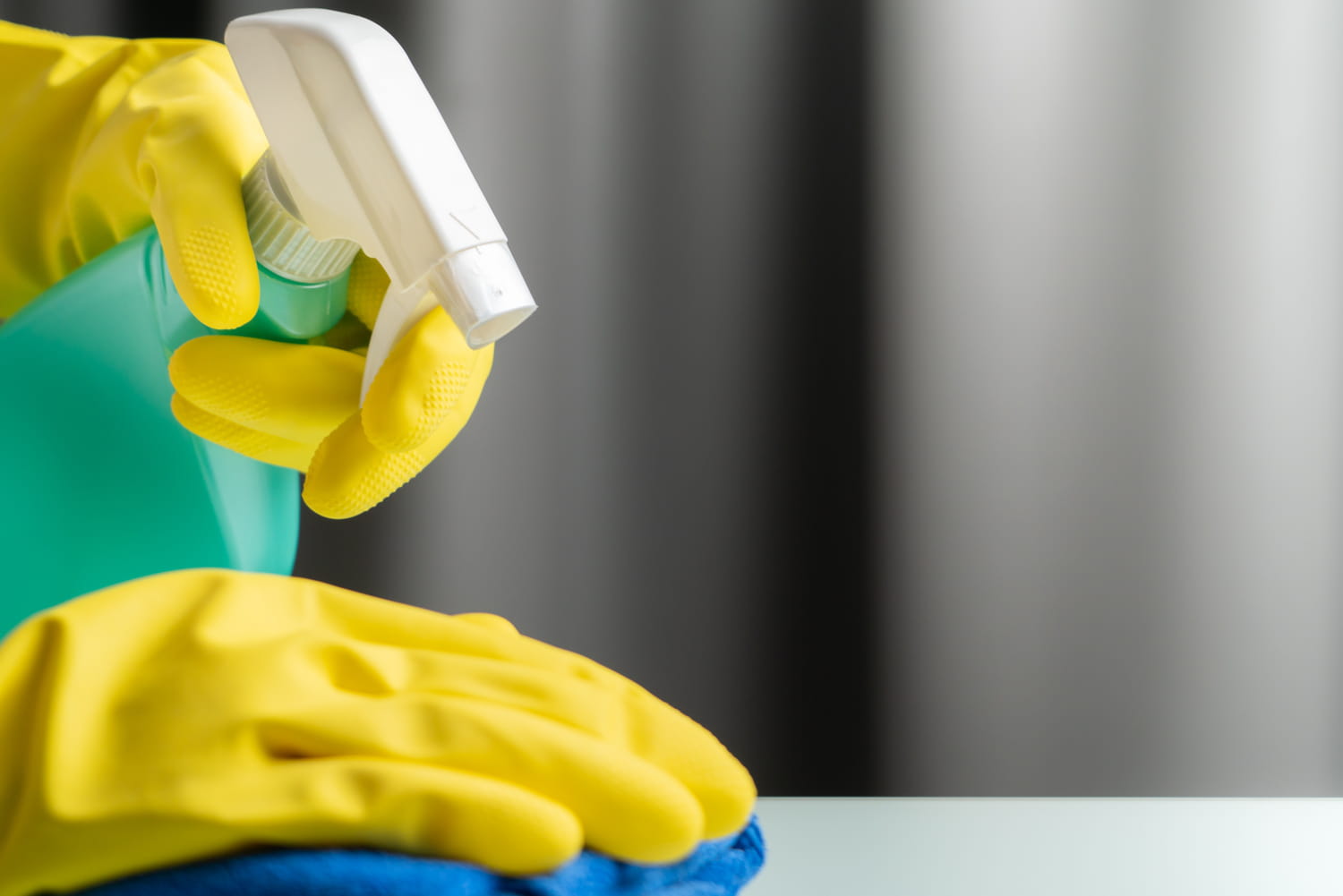Do you occupy an apartment with balcony and imagine being completely free? Error: certain uses, however banal, are prohibited. In accommodation subject to the condominium regime, the outdoor space obeys precise and often unknown rules.
When you live in an apartment, having a balcony is often a very coveted luxury. A real extension of the accommodation, this outdoor space allows you to develop a relaxation area or a mini-garden in the city. We gladly set up a folding table, a few planters, an outdoor carpet or even a deckchair to enjoy the sun without leaving at home. However, life on the balcony is far from being completely free. In co -ownership, certain strict rules supervise its use, even when it comes to a space adjoining your apartment.
Because yes, if the balcony is a private space, it remains subject to the collective rules defined by the co -ownership regulations. This document, specific to each building, sets the rights and limits of use of each part of the accommodation, including private outdoor spaces. For example, the concrete slab on which your balcony rests – and its waterproofing – is generally one of the common elements of the building. Result: if you are a tenant, you cannot intervene without the agreement of your owner. If you are a co -owner, you have a little more freedom, provided you respect the precise clauses of the regulation.
An often ignored point concerns cleaning. Have you decided to refurbish your outdoor floor to enjoy a specific balcony when approaching sunny days? Please note: in the majority of condominiums, washing the balcony is regulated or even prohibited. The use of a high pressure jet or a bucket of water can cause infiltration in housing below, or even damage on the structure. It is better to favor a soft maintenance, using a broom, a damp cloth and non -aggressive products. This is enough to keep a soil clean and prolong the lifespan of the coatings without risking harming the frame.
When several balconies of a building have signs of aging-rusty railings, degraded joints, damaged soil-overall cleaning or renovation may be decided. In this case, only the general meeting of co -owners can give the green light to a professional intervention.
This type of work may include the treatment of metallic structures, replacing external coatings or sealing. Note: if you are a tenant, it is your responsibility to report any waterproofing lack of the owner. This helps prevent infiltration or degradations related to humidity in time, in your accommodation as in your neighbors.








